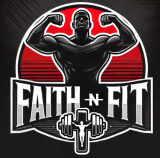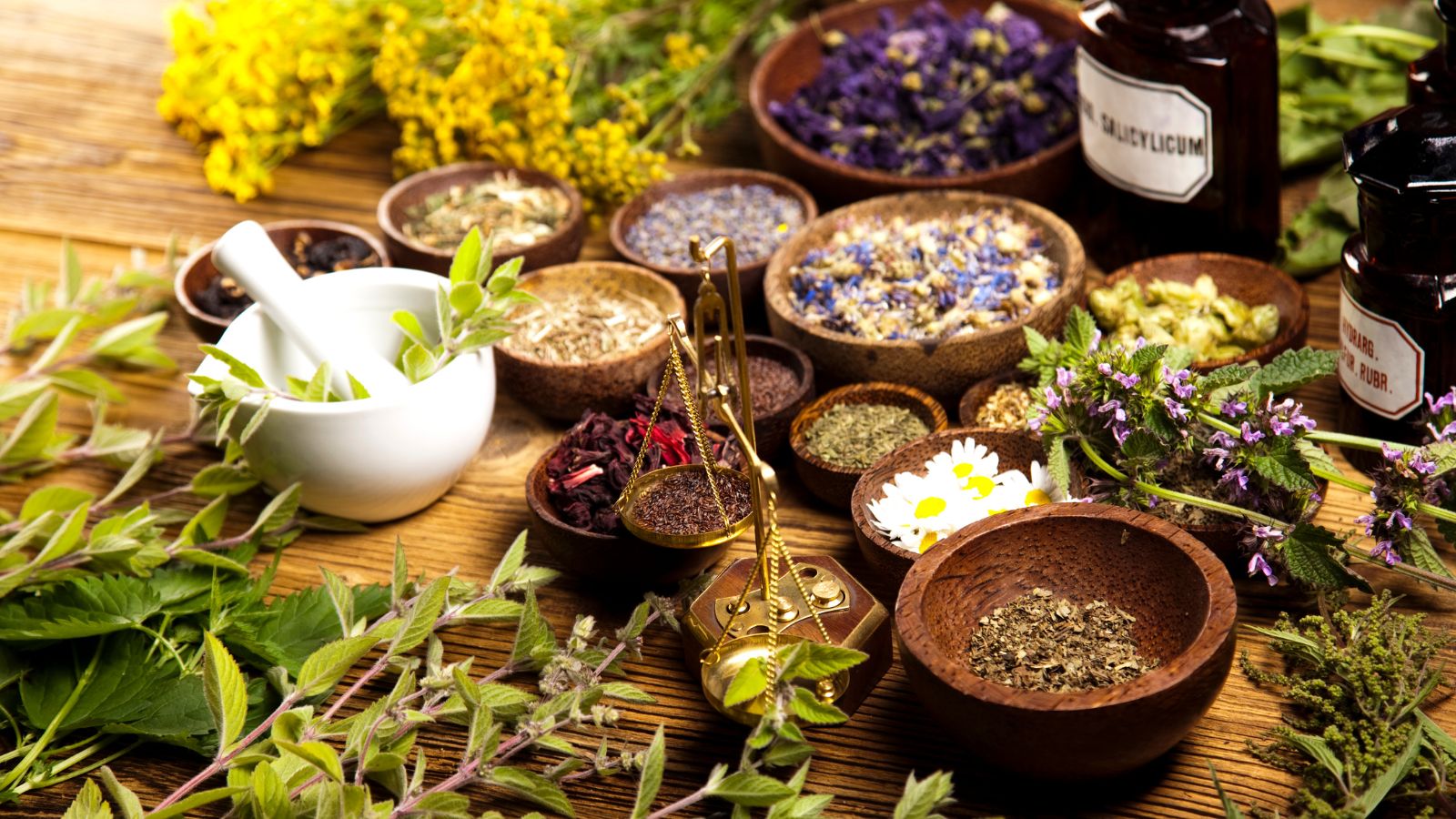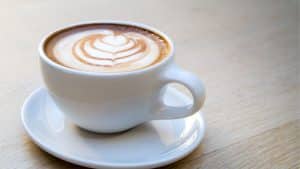Sore after a tough workout? You’re not alone. Muscle inflammation is a natural response to training, but lingering soreness can slow your progress. That’s where anti-inflammatory herbs come in. These natural plant-based remedies have been used for centuries to reduce inflammation, speed up healing, and get you back in the gym faster.
In this article, we’ll explore the seven best anti-inflammatory herbs for muscle recovery—backed by science and used by athletes and fitness enthusiasts worldwide.
What Are Anti-Inflammatory Herbs?
Anti-inflammatory herbs are plants that contain compounds—like flavonoids, polyphenols, and terpenes—that naturally combat inflammation in the body. Instead of suppressing inflammation like NSAIDs (ibuprofen, aspirin), these herbs work with your body to balance its response, improve circulation, and repair tissue.
Inflammation is your body’s signal that repair is happening, but chronic or excess inflammation can delay recovery. These herbs help regulate inflammation so you can recover faster and train harder.
1. Turmeric: The Golden Recovery Spice
- Key compound: Curcumin
- How it helps: Reduces muscle soreness and oxidative stress
- Bonus: Enhances joint health
Turmeric is one of the most researched anti-inflammatory herbs. Curcumin, its active ingredient, has been shown to reduce delayed onset muscle soreness (DOMS) and oxidative damage caused by intense workouts. Pair it with black pepper to increase absorption by up to 2,000%!
🔗 Study: Curcumin and Exercise-Induced Inflammation (NCBI)
2. Ginger: Nature’s Ibuprofen
- Key compound: Gingerol
- How it helps: Decreases inflammation and pain perception
- Bonus: Soothes digestion and improves nutrient absorption
Ginger acts as a natural COX inhibitor, similar to how ibuprofen works—but without the side effects. Athletes use ginger tea or supplements to reduce soreness post-workout and keep inflammation in check.
3. Ashwagandha: Stress Recovery and Strength
- Key compound: Withanolides
- How it helps: Lowers cortisol and inflammation
- Bonus: Enhances strength and recovery
Popular in Ayurveda, Ashwagandha helps manage exercise-induced stress and inflammation. It’s particularly effective during overtraining phases or high-volume strength cycles. It also supports testosterone levels and lean muscle mass.
4. Boswellia: The Joint Protector
- Key compound: Boswellic acids
- How it helps: Reduces joint pain and inflammation
- Bonus: Improves mobility and range of motion
Boswellia is ideal for those who do heavy squats, deadlifts, or long-distance running. It’s been shown to improve joint health and reduce stiffness, making it perfect for aging athletes or those recovering from injuries.
5. Devil’s Claw: Herbal Pain Relief
- Key compound: Harpagoside
- How it helps: Reduces pain and inflammation in muscles and joints
- Bonus: Improves function in people with arthritis
Native to Africa, Devil’s Claw is gaining popularity as a natural pain reliever with anti-inflammatory benefits. It works particularly well for lower back pain and muscle strain.
6. Green Tea: Antioxidant Recovery Powerhouse
- Key compound: Epigallocatechin gallate (EGCG)
- How it helps: Fights oxidative stress and speeds up muscle repair
- Bonus: Supports fat loss and energy levels
Green tea isn’t just for fat burning—it’s loaded with antioxidants that reduce inflammation and muscle damage. Drinking green tea post-workout may help you recover faster and stay lean.
🔗 Study: Green Tea Catechins and Recovery (PubMed)
7. Holy Basil (Tulsi): Adaptogen and Inflammation Fighter
- Key compound: Eugenol and ursolic acid
- How it helps: Balances cortisol, reduces inflammation
- Bonus: Supports immune function
As an adaptogen, Holy Basil helps the body adapt to stress, reduce inflammation, and accelerate post-exercise healing. It’s especially helpful during high-stress training cycles or after intense competitions.
How to Use Anti-Inflammatory Herbs for Recovery?
To reap the benefits of these herbs, you can:
- Take supplements (capsules or powders)
- Brew herbal teas (ginger, holy basil)
- Add to post-workout meals or smoothies (turmeric, green tea)
- Use topical creams or oils (Boswellia, Devil’s Claw)
⚠️ Always consult a healthcare provider before adding new supplements, especially if you’re taking medications or managing chronic conditions.
Key Takeaways
- Anti-inflammatory herbs reduce soreness, promote faster recovery, and support long-term training consistency.
- Combine them with a nutrient-rich diet, hydration, and quality sleep for optimal muscle repair.
- Start with turmeric and ginger, then experiment with adaptogens like ashwagandha or holy basil for full-body recovery.
Read Next:
- What Happens If You Stop Drinking Coffee for 30 Days
- Why You Need to Wear a Smartwatch to Bed If You Can’t Sleep
- How a Beard and Mustache Work Like Makeup
- How Swimming Can Help Improve Your Mental Health
- Are You Wasting Money on Supplements?
References:
Join the Faith & Fitness Family
Subscribe now and get exclusive access to Bible-based fitness content and more!
Bonus: iPhone users get a 14-day free trial of our Faith & Fit workout app!
📩 Important: Please confirm your subscription within 7 days. Unconfirmed emails will be removed to help prevent spam and ensure we only send content to those who want it.
👉 Stay strong in faith and fitness — subscribe today!






